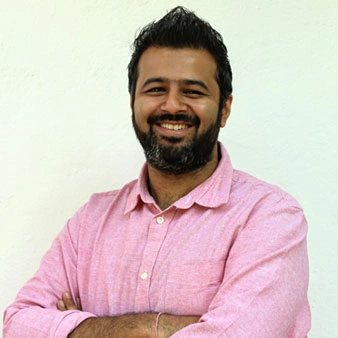Topic
Mr Nikhil Taneja shines a light on how Patriarchy fails young boys in India and how that impacts society as a whole at OCLF 2021
On 27th Nov 12.00 pm - 12.40 pm
Mr Nikhil Taneja portrays his struggles with patriarchy as a young boy and develops the conversation with Ms Sonali Nakshine about the long-lasting impacts of the same. In his word, patriarchy has opened up a valley between the thought processes of today’s youth and the older generations. And the freedom of expression and interaction on social media has played a very prominent role in this. As per Mr Nikhil, this gap results from our patriarchy failing young boys, who grow up around an environment that puts men in an authoritative position and gives them the liberty to abuse that authority. Subsequently, the conversation moves towards the fact that patriarchy forces young boys into a black hole where the line between authority and abuse is faded and even none existent leaves the entire society in a limbo where the usual consensus accepts inferiority of the opposite gender. Mr Nikhil Taneja very beautifully puts into perspective that behind men who abuse authority and impose it at unwanted intervals are young boys who have grown up in situations where their elders did the same. The behaviour not only became acceptable but also pushed towards a thought process that affected everyone around them.
